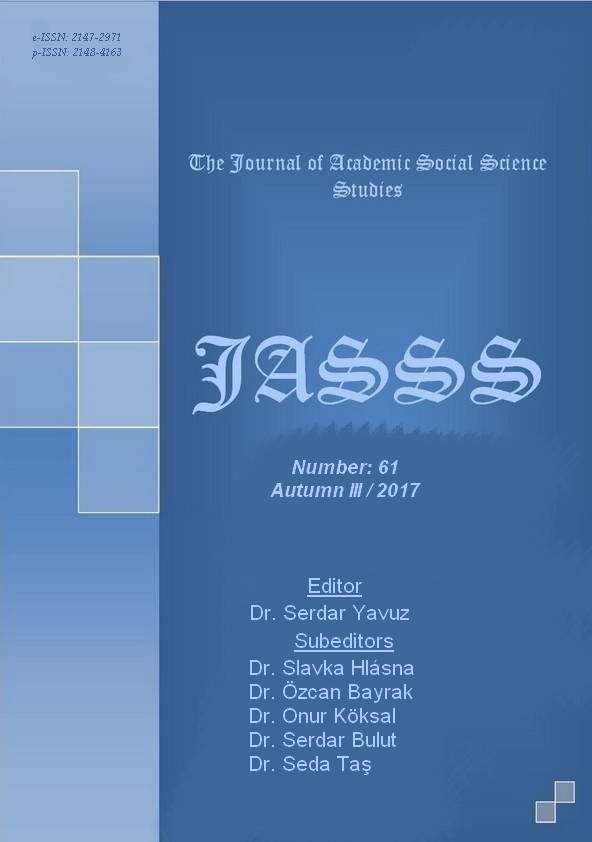Author :
Abstract
Gelir dağılımında adaletin sağlanması devletin bilinen en temel görevlerinden biri olarak kabul edilmektedir. İktisadi düşünce tarihinde en temel inceleme konularından birini gelir dağılımında adaleti sağlamak oluşturmaktadır. Devlet fonksiyonları hakkındaki tartışmalı literatür gelir dağılımında da kendisini hissettirmektedir. Devlet bazen gelir politikaları ile bazen de harcama politikaları aracılığıyla gelir dağılımında adaleti sağlamaya çalışır. Gelir politikası araçları genellikle vergilerden oluşmaktadır. Artan oranlı vergileme, ayırma ilkesi ve en az geçim indirimi bu araçlar arasındadır. Devlet farklı harcama türleriyle de ekonomideki gelir dağılımı göstergelerine etki etmektedir. Ayrıca devletin yaptığı tüm harcamaların da gelir dağılımında adaleti sağlamaya hizmet ettiği söylenemez. Aksine bazı harcamaların gelir dağılımında adaletsizliğe yol açtığı da bilinmektedir. Gelir dağılımının harcamalar ile ilgili bölümü daha çok transfer harcamaları aracılığı ile gerçekleşir. Sosyal transferler gelir dağılımını daha adil hale getirirken, mali transferlerden olan faiz ödemeleri ise geri dağılımında adaletsizliğe neden olur. Bu çalışmada Türkiye’de 2006 yılından sonra bütçede yeni bir sisteme dönüşmesinin ardından gelir dağılımında adaleti sağlamaya yönelik harcama politikaları analiz edilecektir. Mali ve sosyal transferler dışında transferler de bulunmasına rağmen asıl transferler faiz ödemeleri ve sosyal güvenlik ödemeleri şeklinde gerçekleştiğinden çalışmada sadece bu iki konuya değinilecektir. Çalışma sonucunda Anayasa’da belirtilen sosyal devletin gereklerinin yerine getirilip getirilmediği ve getirilmesi için yapılması gereken çözüm önerileri hakkında politika önerilerine yer verilecektir.
Keywords
Abstract
The provision of justice in income distribution is considered one of the most basic tasks of the state. One of the most basic examination topics in the history of economic thought is providing justice in income distribution. The controversial literature on state functions is also felt in the distribution of income. The state sometimes tries to provide justice in income distribution through income policies and sometimes through expenditure policies. Income policy instruments usually consist of taxes. This instruments consist of progrresive taxation, seperationg principles and minimum living allowences. The state is influencing the indicators in the economy by different types of expenditure. Moreover, it can not be said that all expenditures the state has made serve justice in the distribution of income. On the contrary, it is also known that some expenditures lead to unfairness in income distribution. The portion of income distribution related to expenditures is mostly made through transfer expenditures. While social transfers make income distribution more equitable, interest payments from financial transfers cause injustice in redistribution. In this study, after 2006, a new system in the budget will be transformed in Turkey, and the expenditure policies for providing justice in income distribution will be analyzed. Since the actual transfers take place in the form of interest payments and social security payments even though there are transfers other than financial and social transfers, only these two issues will be addressed in the study. As a result of the study, policy proposals will be made on whether the requirements of the social state specified in the Constitution have been fulfilled and on which the solution should be made.





